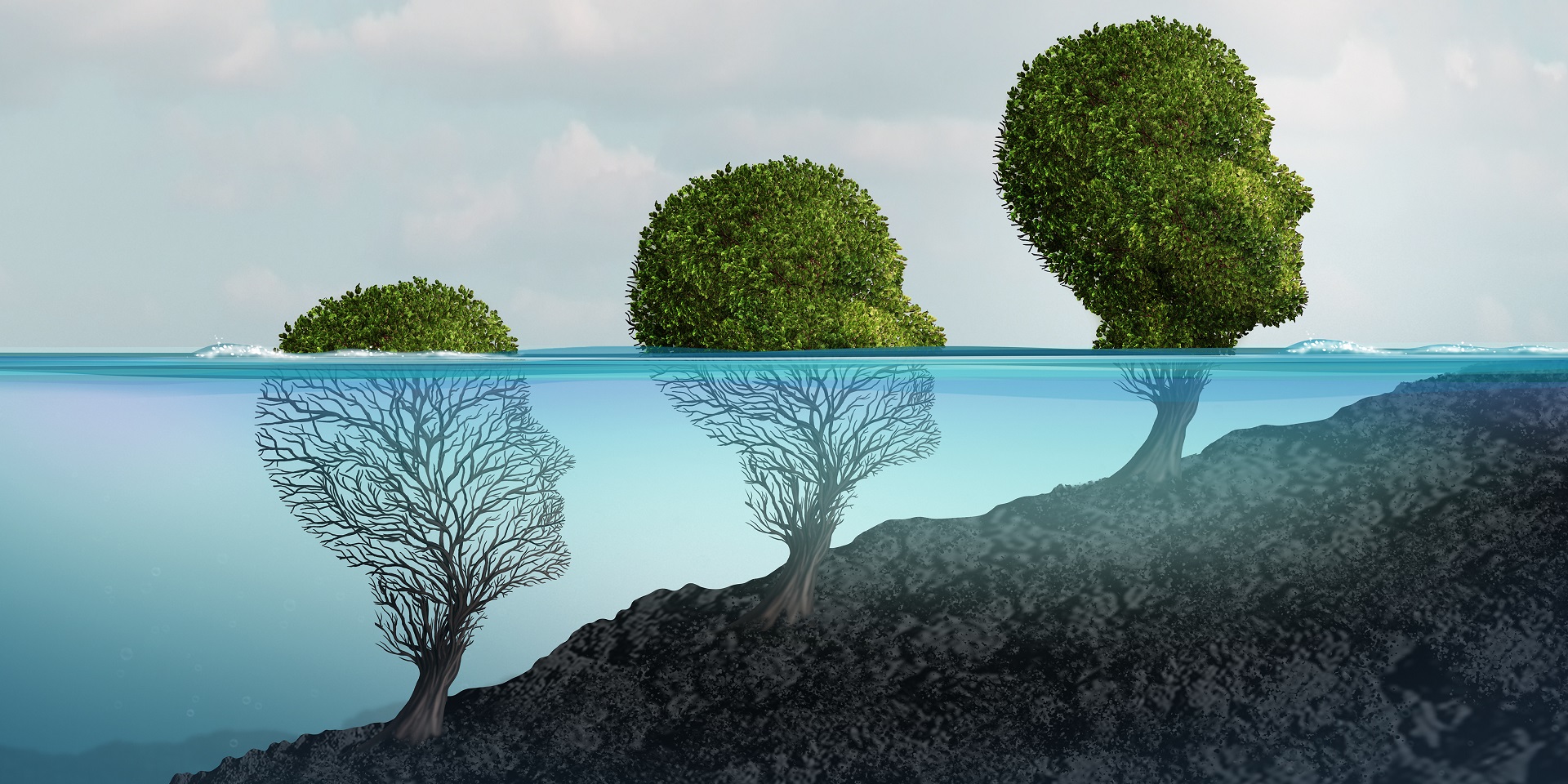The problems that arise in our lives are nothing more than cognitive obstacles that we don’t immediately have the skills to overcome.[1] The most important question when we get stuck is: do I ask for help or do I solve my problems myself?
Should I turn to my friends, family, partner, specialised counsellors or should I turn inward and look for resources to overcome difficult situations? Interestingly, there are valid arguments for both options.
My problems, their help
When you talk to someone else, your thoughts become clearer. It has probably happened more than once that, after a frank, open discussion with someone you trust, you have felt that the burden has been lifted a little and the future is no longer so bleak. What really happens?
Rumination is a phenomenon that partly explains this. When the individual is desperately trying to find a solution to his or her problems, after a period of deep meditation he or she comes to the conclusion that there is only one solution…one and only one. Certain well-trodden paths arise in their thinking, real cognitive pathways that prevent them from finding other ways of operation.
The simple verbalisation of problems, and above all the questions asked by the interlocutor, gives the individual the chance to gain new perspectives on reality and, implicitly, the chance to identify new solutions.
“No problem can be solved from the same consciousness that created it,” Albert Einstein is said to have commented on one occasion.
This truism offers a logical explanation for one’s inability to break the deadlock. When you have reached a problematic situation that you considers insurmountable, it means that you have no other cognitive resources and skills to draw on.
Your own experience becomes inadequate. You are in a situation similar to that of a stuck car that sinks deeper and deeper the harder you try to free it. It needs someone from outside to lift or push it out of the hole.
Asking others for help saves time and energy. No one finds it easy to deal with problems as they arise and to analyse every possible course of action, taking into account all the potential dangers. Sleep disturbances, irritability and even depression can occur. The cognitive effort and, above all, the sense of responsibility for the decisions taken discourage many people who have embarked on the path of autonomous decision-making.
It should not be overlooked that it is easier to formulate a decision when you consult someone. It is no coincidence that in highly creative activities today, working in teams, in groups, predominates, to the detriment of the work of individuals, however prestigious or competent they may be.
If you want something done right, do it yourself
“I know myself best. Who can know what is best for me, specifically for me, if they don’t know me well enough? I know the history of my social relations, and I know, to some extent, the mental powers and resources at my disposal.”
Today, since the value of this argument is certain, the strategy of counsellors is mostly to guide the individual to find his or her own solutions, as in Socrates’ maieutic method.[2] And those who do not wish to be counseled proceed alone on the arduous but fascinating path of discovering optimal solutions, facing obstacles, and intensely experiencing the satisfaction of triumph.
Should we ask others for help or stand on our own two feet?
It is a sign of maturity to stand on your own two feet, to make it on your own. What is the ultimate goal of any parent or teacher? To develop in the child or student critical thinking, reasoning, a strong will and optimal skills to overcome most of the obstacles he or she may encounter in life. A mature person is one who can take responsibility. Such a person is able to gather relevant information, make timely decisions and complete projects once started.
Success breeds success. Once you are successful in an activity, the feeling of competence gives you many motivating, energising resources for later success. Confidence in your own strengths is the strongest spur to take on the challenges ahead.
And then what?
What is the best attitude when faced with problems: to ask others for help or to stand on your own two feet?
The correct answer would be: it depends on your own personality structure. The tendency to never take other people’s opinions into account, to be too independent, can, over time, lead to character traits that are difficult for others to tolerate: arrogance, self-sufficiency, and so on—traits that undermine most social and family bonds.
At the same time, the tendency to always seek the advice of others, to do nothing for fear of failure, must be countered by the attempt to stand on one’s own two feet, to begin to make one’s own decisions, even at the risk of failure. It may be an anticipated failure, which may not have long-term consequences, but it will certainly guarantee the path of one’s own maturity.
So let us avoid extremes in decision-making: neither absolute independence nor unhealthy dependence. Let us seek a balance that can give us strong social relationships and real professional success.



















